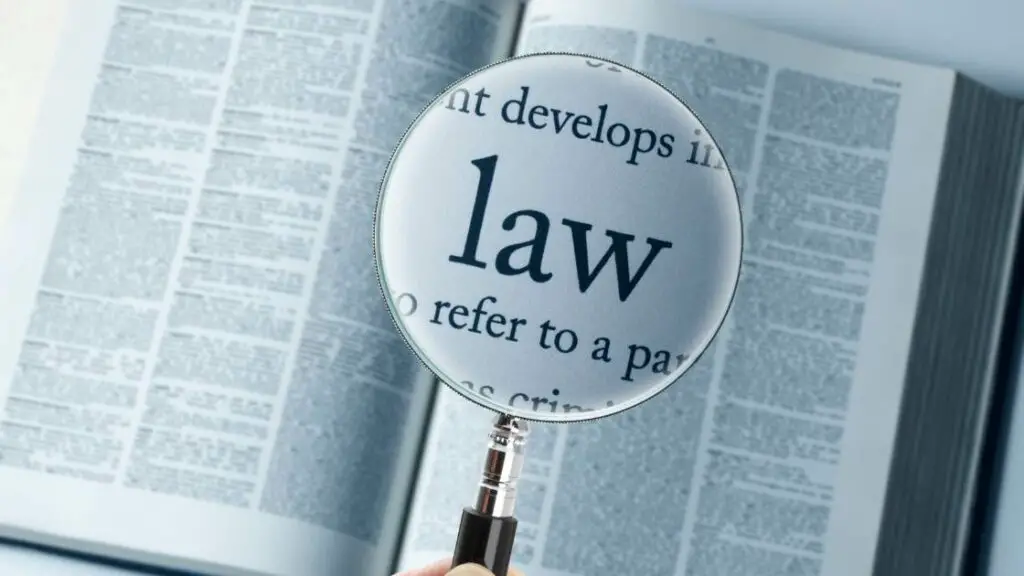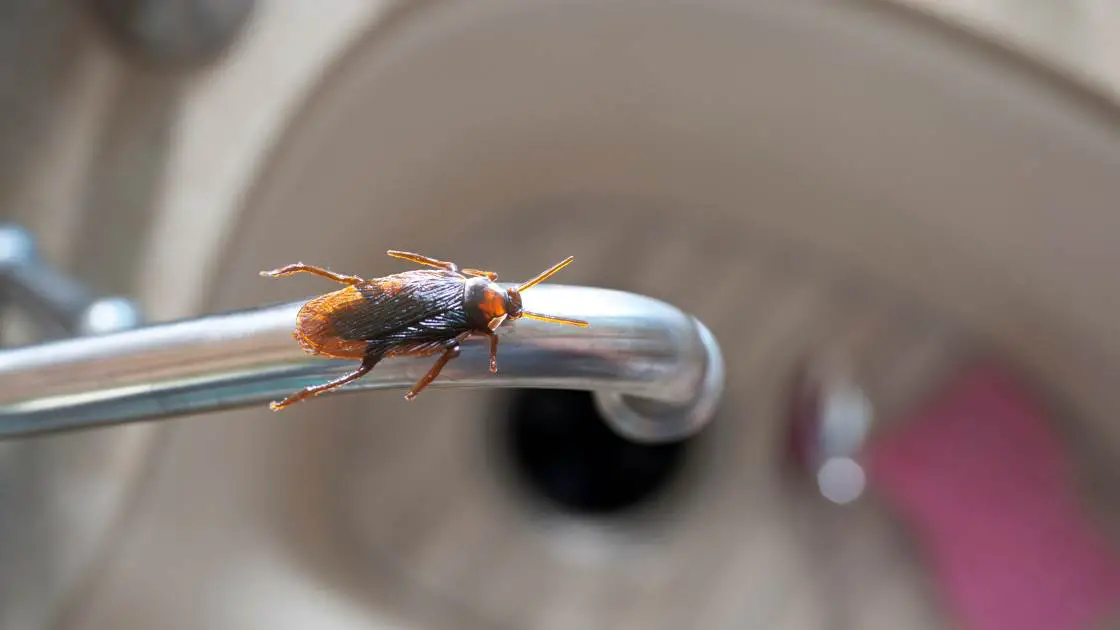The sight of a roach inside the home brings a feeling of dread to renters and homeowners alike. For renters, however, that pit in the stomach may be followed shortly by an equally dreadful question: “wait, can my landlord blame me for roaches?”
In this article, I am going to answer this question in more detail, including (i) how to read your lease to figure out your obligations, (ii) when landlords are usually responsible vs. when tenants are usually responsible, (ii) legal considerations under state and local laws, and (iv) tips on how to prevent roach infestations in the first place.
If you are in a rush, the short answer is as follows:
A landlord may blame you for roaches if the lease requires you to maintain the premises free from pests and the law in your jurisdiction does not require landlords to remove pests. Of course, if you caused the pest infestation through negligence or messy habits, your landlord will certainly blame you for the roaches in the unit.
The information contained in this post is for informational purposes only. It is not legal advice. You should seek the advice of a qualified legal professional before making any decisions relating to the topics covered by this article.
We may earn commissions from products and services that are purchased or recommended through our website as part of our affiliate partnerships. As an Amazon affiliate, we may earn from qualifying purchases.
Does Your Lease Make You Responsible For Roaches?
As you probably know, your lease is the first place you need to check to see if your landlord can blame your for a roach infestation.
After all, the lease is the definitive written agreement between your landlord and yourself regarding the terms of your tenancy.
But it is often written in technical and confusing legalese. You will want to read each line carefully and look for any paragraphs dealing with insects, pests and the like.
Your lease may not mention roaches specifically, but it may discuss pests. In most cases, pests include roaches, insects, and and similar creatures.
My lease states that the tenant is responsible for maintaining the premises free from insects and pests and requires tenant to promptly notify the landlord of the existence of any insects or pests.
But I know of many leases that say the responsibility falls on the landlord. Not every lease is the same, so it pays to read it carefully.
Given this variability, let’s turn to when tenants vs. landlord are typically responsible for exterminating a roach infestation.
When Am I Typically Responsible vs. My Landlord For Roaches?
In most cases, a landlord will shoulder the burden of taking care of pests, like roaches, when they own a large multi-unit building, like an apartment. That’s because it is very difficult to find the source of an infestation in that type of building where roaches can easily travel between units.
In fact, some landlords may choose to just have periodic extermination services for the entire building.
But if the tenant resides in a single family house or a building with fewer units, landlords may often insist on the tenant being responsible for removing any pests because a tenant has a lot more control over whether pests exists in their unit in the first place.
Of course, your state and local laws may also govern when a landlord is responsible for pests. So let’s turn to that question.
Look at Your State and Local Landlord Tenant Laws

In Virginia (my home state), the tenant is responsible for keeping that part of the dwelling unit and the part of the premises that they occupy free from insects and pests, and to promptly notify the landlord of the existence of any insects or pests.
It is worth noting that they are also responsible for removing from their dwelling unit all garbage, rubbish, and other waste in a clean and safe manner and in the appropriate receptacles provided by the landlord.
In contrast, in New York City, an owner of a dwelling shall take reasonable measures to keep the premises free from pests and other indoor allergen hazards and from any condition conducive to indoor allergen hazards, and shall take reasonable measures to prevent the reasonably foreseeable occurrence of such a conditions and shall expeditiously take reasonable measures to remediate such conditions.
In other words, they bear most of the burden for keeping the premises free of roaches.
But that doesn’t mean tenants can act with abandon. If a pest problem arises due to a tenant’s “own wilful act, assistance, or negligence or that of any member of his family or household or his guests”, the tenant may be held liable for expenses related to pest extermination.
So keep your place clean and hostile to a roach infestation. We’ll talk about how you can do that later in the article.
Now, as I mentioned, each state and locality may have different rules around who is responsible for dealing with a roach infestation.
For your convenience, here’s our 50 state reference table (including D.C.) that will link you to the official landlord tenant laws of your state.
If you prefer to have a lawyer assist you, I would try JustAnswer. They boast access to thousands of highly-rated, verified real estate lawyers whom you can connect with via their unlimited chat service.
By clicking the banner below, you can get a one week trial membership for only $5, which you can cancel at any time.

How Should I Protect Myself Against Accusations That It’s My Fault?
To avoid any misunderstandings, document everything and alert your landlord as soon as possible. Take pictures and videos of your space as well as any roach sightings.
Also, keep records of your communication with the landlord about this issue and any pest control measures you may take in the meantime.
With prompt action and proper documentation, you should be able to prove you’re doing everything you can to prevent them and persuade your landlord to finally get rid of them.
What Attracts Roaches To Your Home?
Roaches thrive in a very particular environment. Some things that attract them include:
- Dirty dishes, dirty clothes, pet hair, trash, clutter, etc.
- Food that’s left out on countertops, pantries, refrigerators, etc.
- Pets, like cats and birds, who leave their droppings behind
- Smells (garbage, smoke, cooking smells, etc.)
Ways to Keep Roaches out of Your House
Roaches like to hide in dark, dirty places, so don’t make it easy for them by following these simple steps:
- Tidy up as often as you can and declutter regularly.
- Try not to leave food lying around and keep it in sealed containers.
- Repair or caulk any leaks.
- Seal cracks and crevices.
- Eliminate any standing water and keep your sinks and counters dry.
- Report any roach sightings immediately.
By taking these preventative measures, you can help reduce the risk of roach infestation and eliminate any cause for blame.
Conclusion
So there you have it – an answer to whether your landlord can blame you for roaches, including how to analyze the question for your specific situation. Hope this has been helpful and happy renting.


